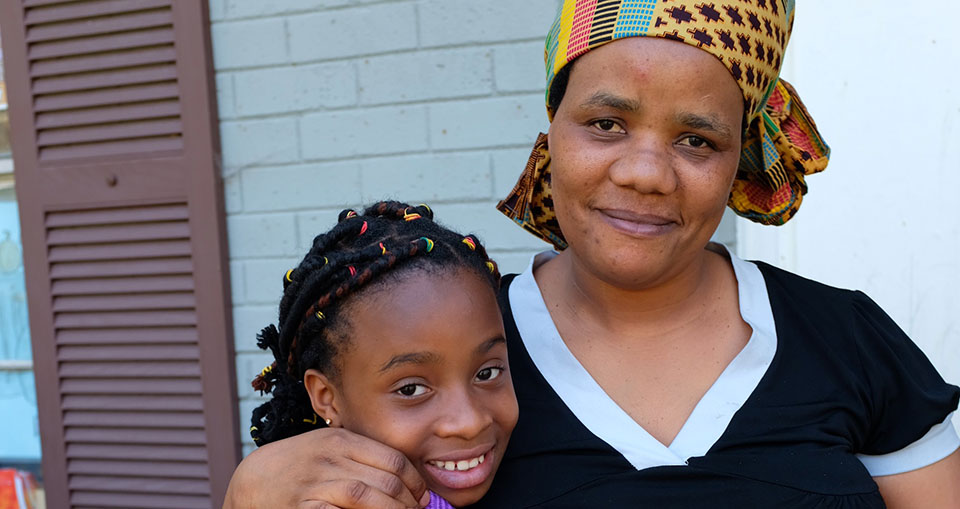DO YOU KNOW…
- That Congolese refugees are the largest refugee population coming to the US and to North Carolina at this time?
- They have been a key refugee resettlement population here and are expected to continue in this role for the next few years. North Carolina was the 9th largest refugee resettlement state as of 2017. The Democratic Republic of Congo (DRC) replaced Burma, Iraq, and Somalia in resettlement numbers beginning in 2016. (Those other resettlement countries were sending primarily Muslims as refugees.)
- That the Democratic Republic of Congo is the largest sub-Saharan African country and is about the size of Western Europe?
- It has over 70 million people, 250 ethnic groups, and 700 different languages and dialects. It is a majority Christian country but has other religions represented as well.
- That it is one of the world’s poorest countries though it is rich in natural resources?
- Natural resources were plundered under Belgium colonialism. The Eastern Kivu region continues to be largely controlled by international mining interests partnered with warlords.
- That the Congolese conflict has been going on for over 20 years and has involved the governments of at least 9 adjacent countries and dozens of internationally financed warlords?
- The continuing conflict is concentrated in the eastern Lake Kivu region. Over 6 million have died from the conflict, either as a result of fighting or because of disease and malnutrition, and over 3 million are internationally or internally displaced refugees.
- That the refugee population involves multiple tribes and languages?
- Though the conflict is sometimes defined as tribal conflicts, multiple tribes are victimized and subject to war lords and mining interests. Tribal tensions continue in the US.
- That most Congolese are very religious?
- Most are Christian, including Pentecostal, Seventh Day Adventist, and Catholic. Churches are a major resource in successful resettlement.
- That over fifteen thousand Congolese have been resettled in the United States?
- Texas, Arizona, Kentucky, Colorado, and New York have received the greatest numbers. North Carolina is in the second tier of the 45 states who have received Congolese.
- That the refugee families tend to be large and young?
- These include single mothers with children. Many of the men have been killed in the ongoing conflict.
- That health issues and poverty are a major concern?
- Many have spent years in refugee camps with minimal health care, protection, or educational opportunities. Rape against young girls and women has been used repeatedly as a tool of war in the conflict.
- That Congolese refugees demonstrate strong resilience and commitment to succeed in the US?
- Though they face many challenges, they are known for their perseverance and dedication.
Primary sources are from US Department of State, Cultural Orientation Resource Center of the Center for Applied Linguistics, and the North Carolina State Refugee Office.
